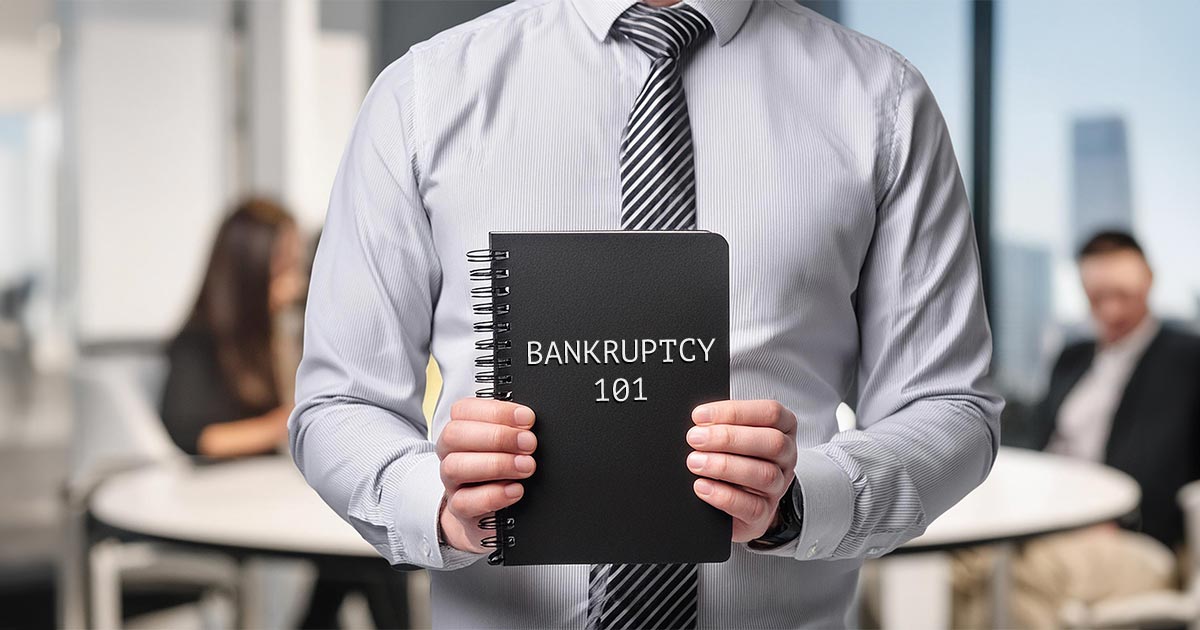What Happens When You File For Bankruptcy?

Considering that it can result in severe and lasting effects on your financial and mental well-being, bankruptcy filing should be the last resort. Despite these consequences however, there has been increased prevalence of bankruptcy in the U.S.
Individual filings for bankruptcy have been progressively on the rise since 1980 peaking in 2005 just before the financial crisis when one out of every fifty-five American homes were seeking shelter from creditors. Presently, some six hundred thousand Americans file for insolvency due to unmanageable personal debt.
In the United States there are two main options to choose from when filing for personal bankruptcy: Chapter 7 and Chapter 13.
Chapter 7 Liquidation of Assets
Chapter seven is sometimes referred to as “liquidation bankruptcy” because it involves selling off some or all of what you own to enable repayments to be made. Some jurisdictions exclude certain items such as retirement accounts and homes while others do not hence they may sell everything.
Chapter 13 Filing and Repayment Plan
Assets are not liquidated in chapter thirteen. Instead you formulate a three-to-five-year plan through which obligations are paid off. Should creditors think this strategy is not followed or additional borrowing is taken up during its course they may chase after property.
Bankruptcy filing is not free; expenses include a $350 filing fee for Chapters 7 and 13, as well as legal fees ranging from $1,500 to $3,000, depending on the complexity of your case. Additional costs are also incurred by mandatory credit counseling and debtor education courses.
Impact on Credit and Future
The record of a bankruptcy filing can remain on credit records for up to ten years resulting into severely reduced credit scores as well as limited access to credit cards and loans. It becomes public information that employers, landlords or creditors can use when making hiring or housing decisions.
Rebuilding Finances
Emerging from bankruptcy requires restructuring finances over time while repairing credit, which may take several years. However, there are specialized lenders that offer loans specifically to individuals with bankruptcy records but at less favorable terms.
Considerations
Exhaust all other financial recovery options available prior to filing for bankruptcy. It is a major decision that has long-term consequences, hence necessitating a careful evaluation of choices and relationship between them as well as long-term financial planning.

Editor-in-Chief • Industry Trends Writer
Ethan analyzes market shifts and predicts future developments in different industries to keep his audience well informed and ready.

